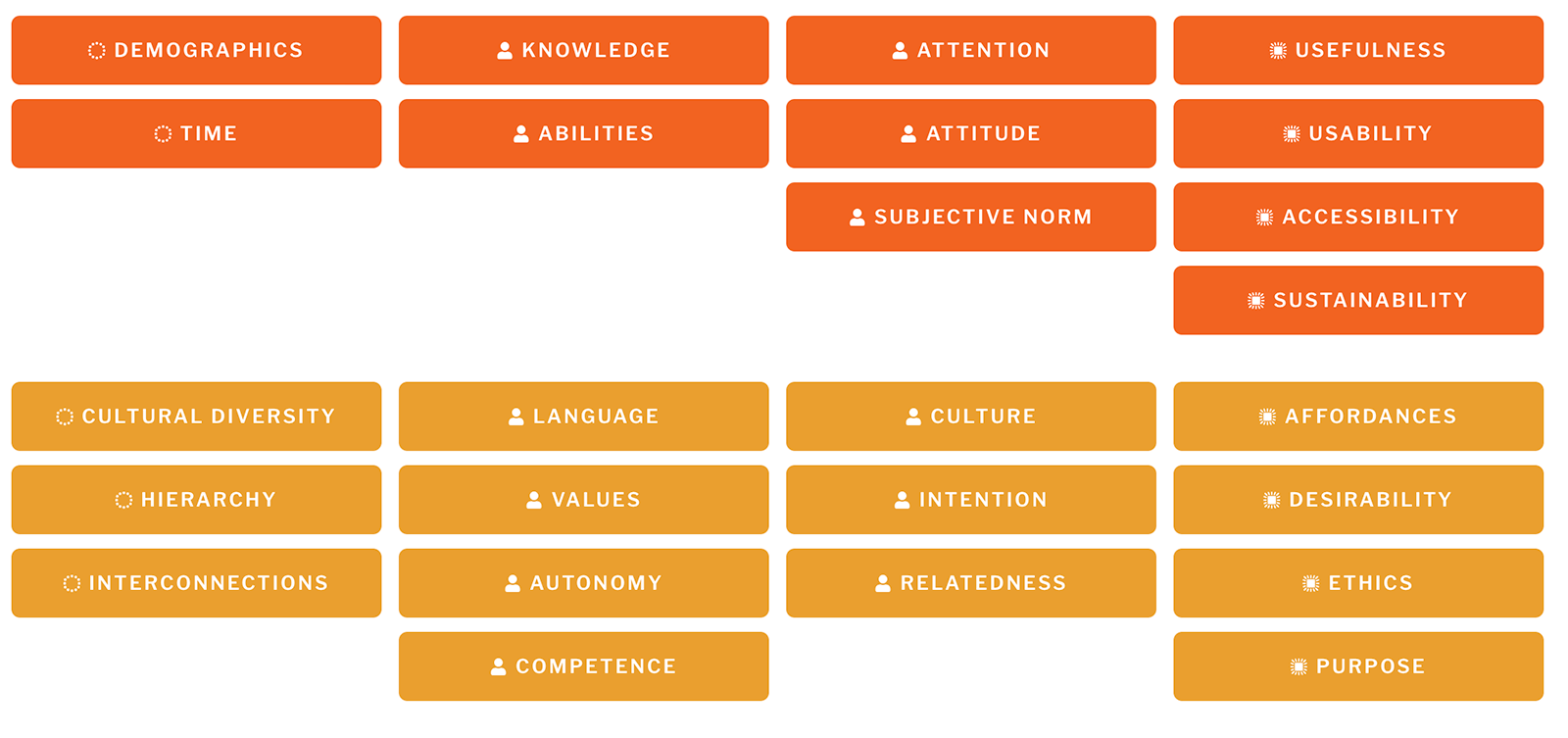Emotion-focused Communication Training Online: Development and Evaluation of Acceptability
Emotion-focused communication can improve the delivery of care for long-term care recipients, especially individuals’ living with dementia. The purpose of this manuscript is to describe the process of translating the Emotion-Focused Communication Training (EFCT) for long-term care staff from an in-person workshop to an online program and evaluate its acceptability and impact on knowledge of emotion-focused communication and perceived self-efficacy for utilizing emotion-focused communication. The online course was developed following the ADDIE (Analysis, Design, Development, Implementation, Evaluation) Model. The program teaches participants to better identify and manage their own emotions and others’ emotions in care. Pre- and post-training t-test comparisons on data collected from 247 caregivers across disciplines in long-term care (direct care workers, life-enrichment/activities staff, health care providers, case managers, health educators, students, administrators, ombudsmen, dietary, housekeeping, or maintenance staff, human resources employees, family care partners, and others) indicated a significant increase in level of knowledge of emotion-focused communication and confidence in applying the learned knowledge and skills in care (increased self-efficacy). Participants also reported high levels of program acceptability. Overall, findings indicate the benefits of translating an in-person training opportunity for caregivers into an interactive online experience; implications for caregivers and care recipients are discussed.
Allison R. Heid is the lead author and most significant contributor to this publication.
